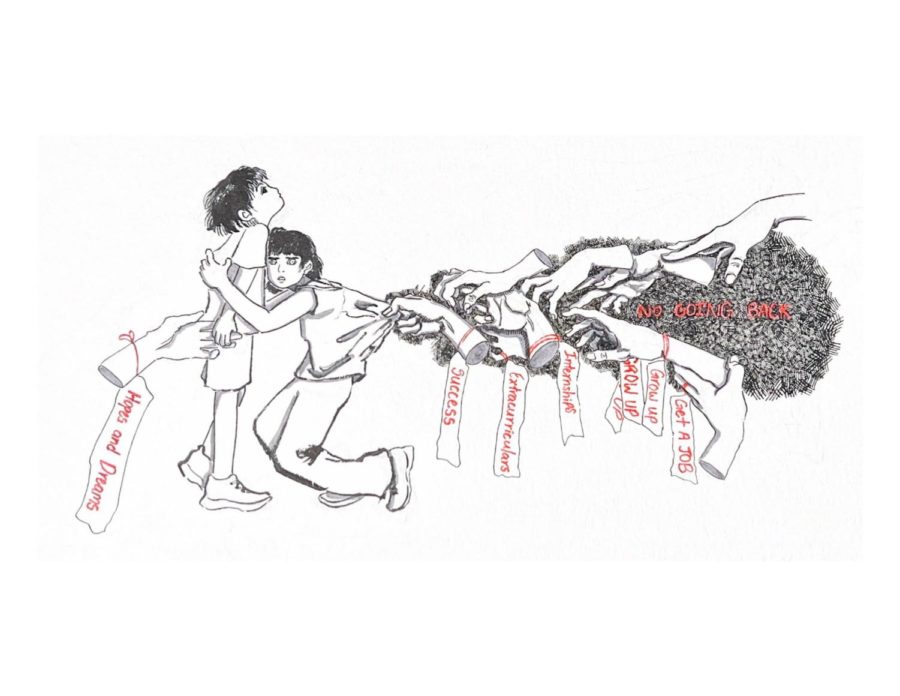President Obama recently announced a plan for two years of free community college to anyone who applies—with a stated goal to make “two years of college as free and universal as high school.” The plan would be paid for by taxpayers, and many are already decrying that the proposal is a “bad investment.” There are strong indications that, on a monetary level, the plan would be a pure cost—that is, there would be no balancing in increased tax revenue from the plan, technically making it fiscally irresponsible. But are these the right issues to focus on?
College is a huge investment—anyone who has taken out loans or is paying the slightest bit of attention to higher education knows this. But over the past few years, discourse over policy decisions on federal, state, municipal and even personal levels has been molded by quantitative calculations of how much money we put in and how much we expect to get out. A plan is deemed fiscally irresponsible if it results in the individual or organization ultimately operating at a deficit, regardless of other benefits—like having a smarter citizenry or a more creative workforce. While we ought to monitor our spending reasonably, discussing policy calculations solely through the narrow issue of fiscal evaluations risks underestimating less quantifiable values that a policy brings to society.
What is the monetary value of a more educated populace? Of a more diversely educated democracy? How many dollars is a more educated citizen worth over a less educated one? These are questions that have no concrete answers, but are key in helping to determine in which direction our society progresses. Many students may be burdened with constant calculations of making college “worth it,” forgoing majors they are passionate in for more career-oriented ones. These may be wise fiscal decisions to make, especially if one is financing one’s own education—but they don’t capture the whole picture. Is this mentality creating more accountants at the expense of artists, or more insurance salesmen at the expense of writers? Further, discussions surrounding decision-making based mainly off of financial considerations do not account for the unpredictable monetary payoff in such a quickly evolving job market. A college degree in computer science might be worth only the hypothetical $150,000 sticker price if you learn the basic skills needed to start a career as a programmer. Or it may be priceless if you end up meeting a business partner who helps you launch a startup that influences the world.
A degree and how you use that degree may not be similar to how others use the degree—a biology major may pursue law school or an economics major may become an artist. Putting a dollar amount on a college education based on its future financial impact is an imperfect science and it entirely leaves out the more abstract benefits to culture, innovation, and other unquantifiable arenas.
The point is, we cannot decide policy—or any decision, for that matter—based only off of the financial returns to the “investment” we make. A well-educated citizenry is crucial to the upkeep of a healthy democracy. A diverse workforce with individuals of multiple viewpoints is critical in a healthy economy. All such factors need to also be considered or else we risk becoming entrapped in an endless game of fiscal cat and mouse.
Lear Jiang is a fourth- year in the College majoring in political science.








